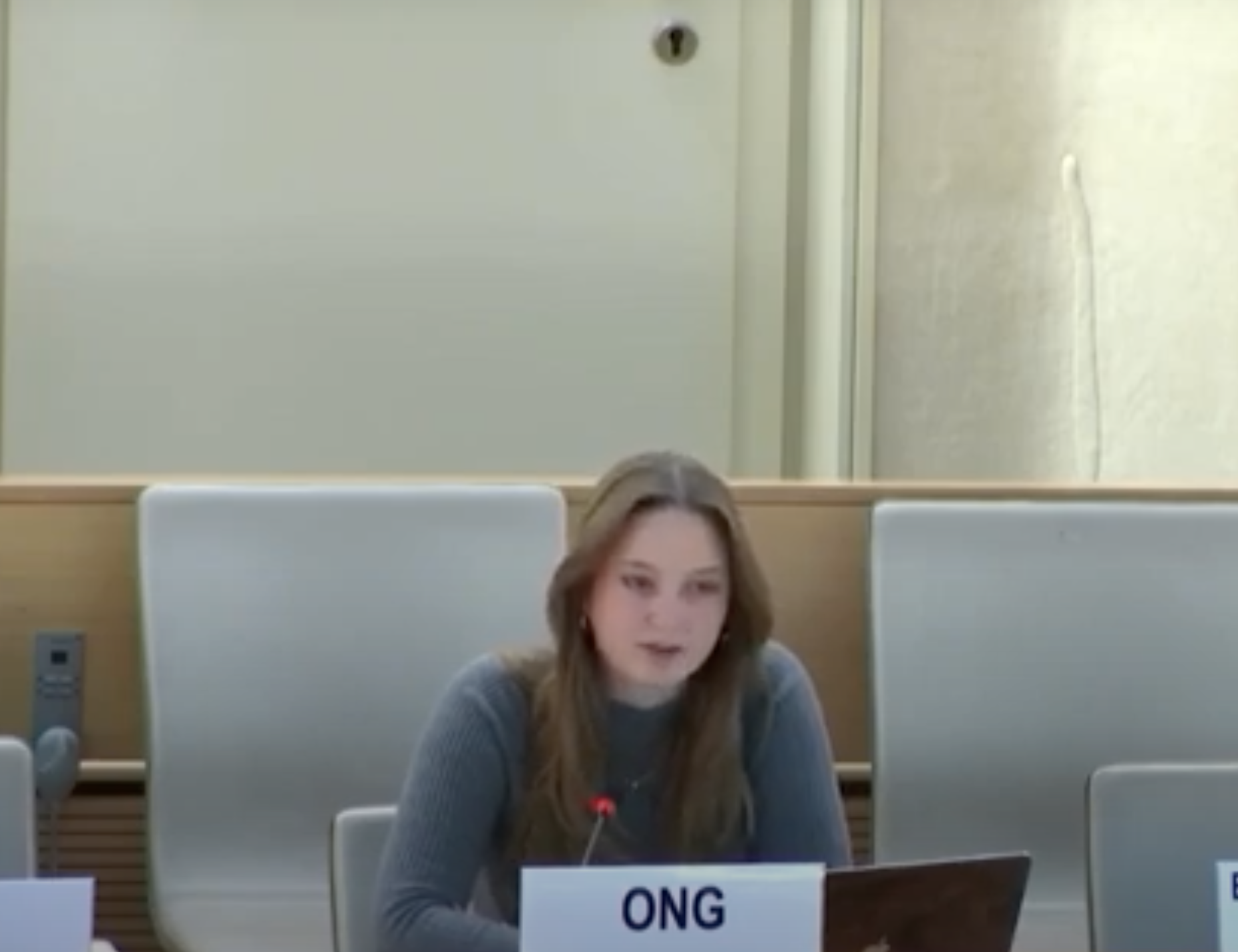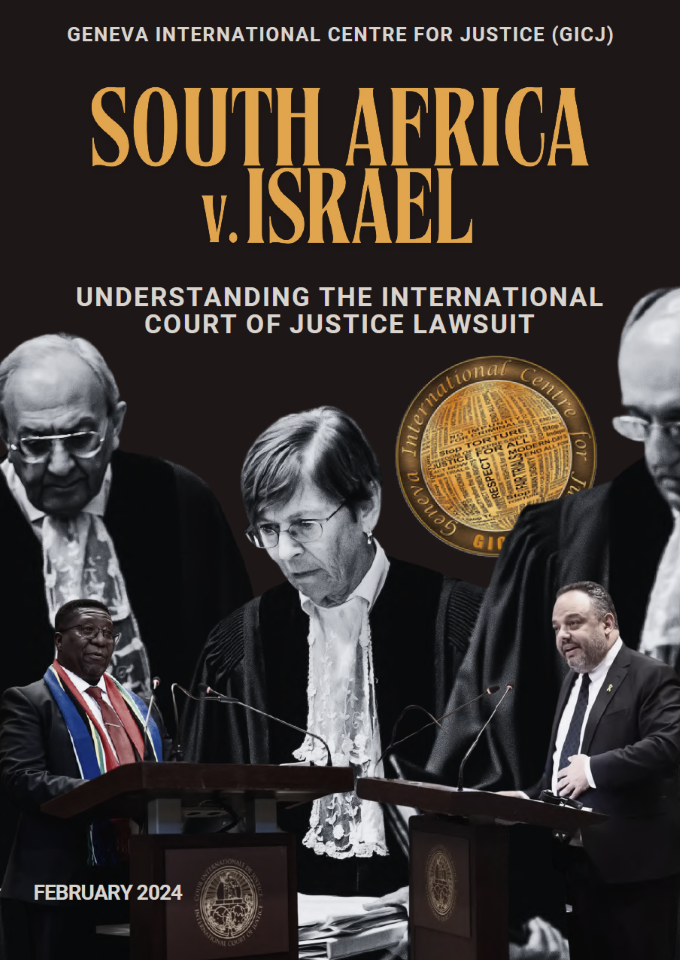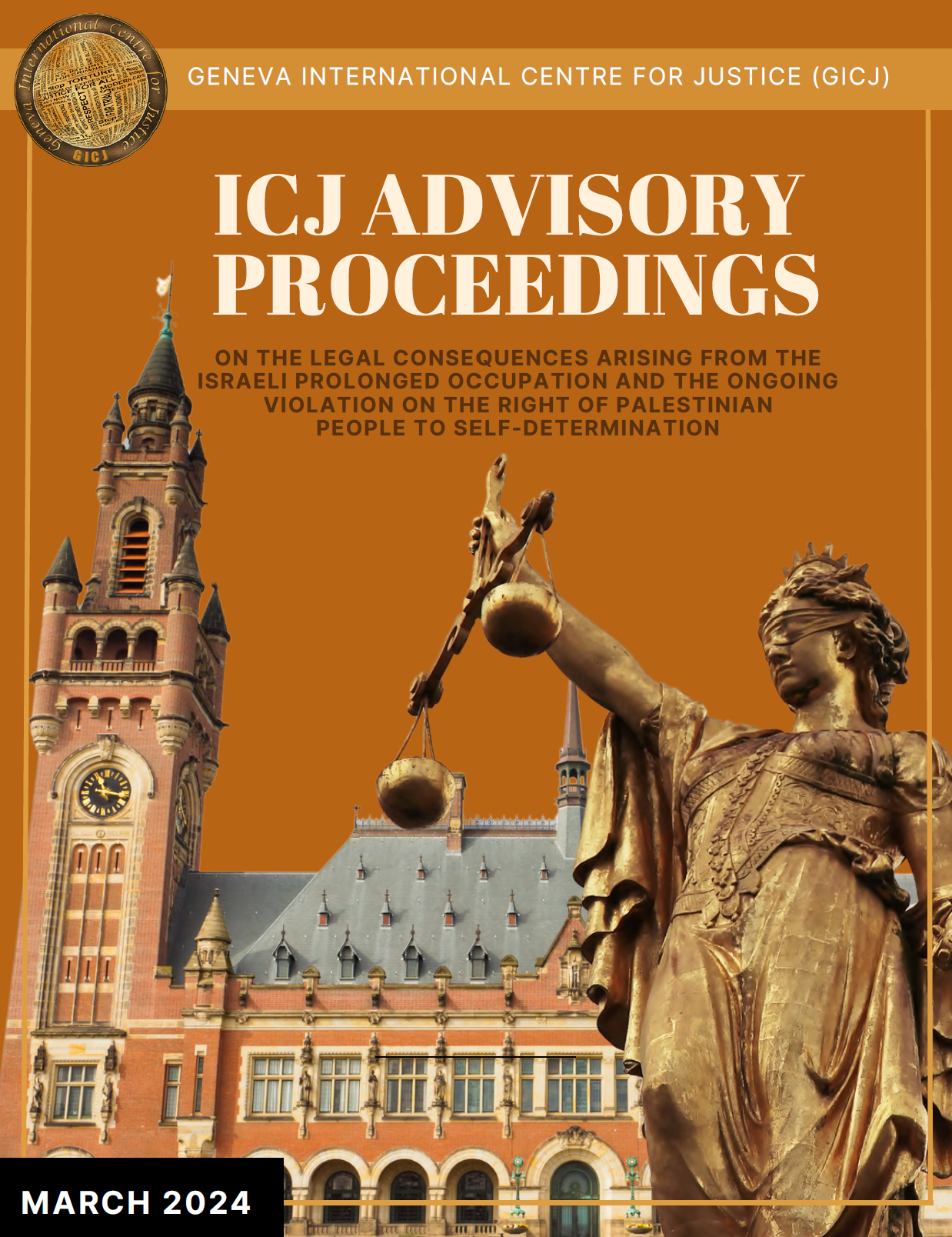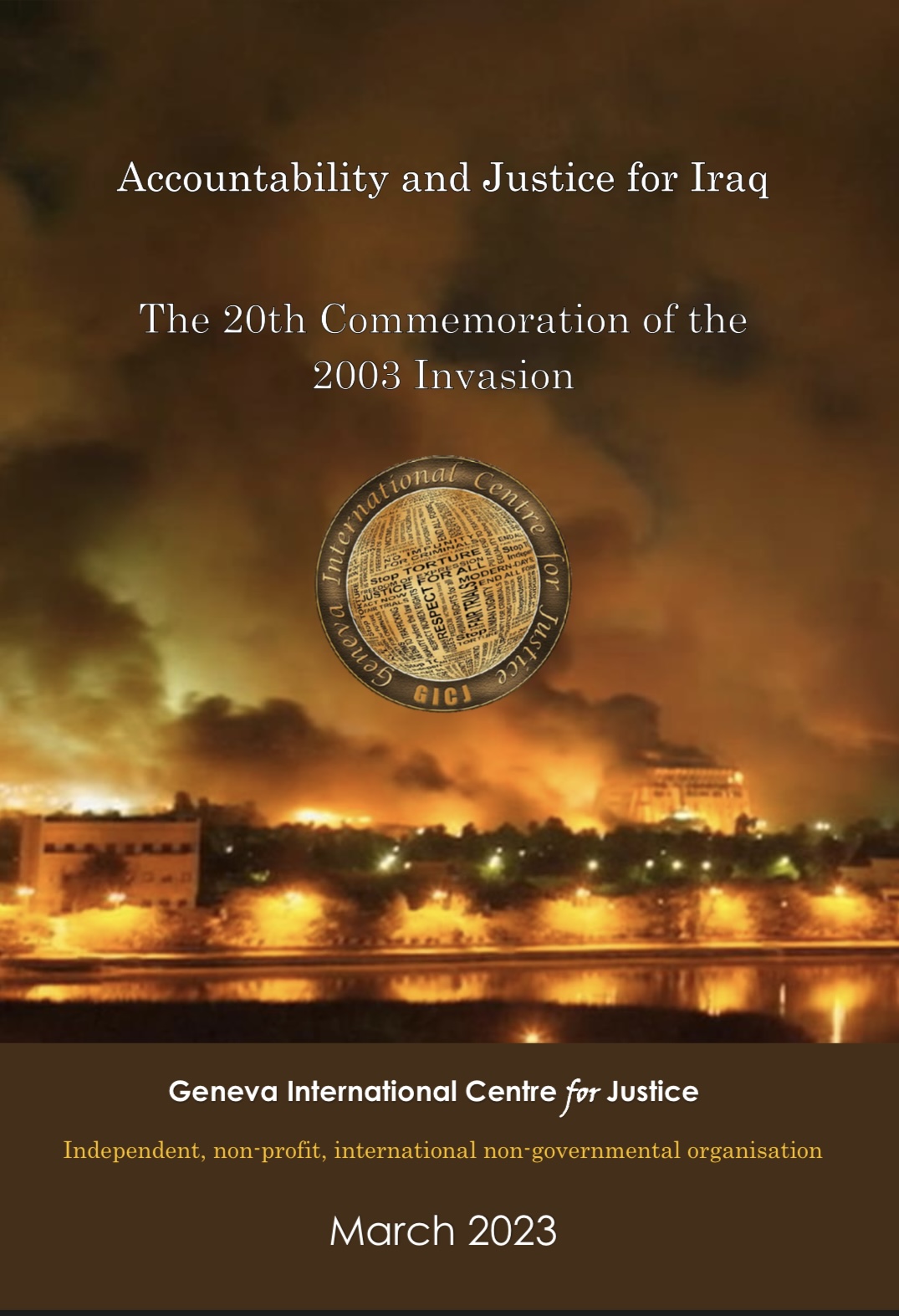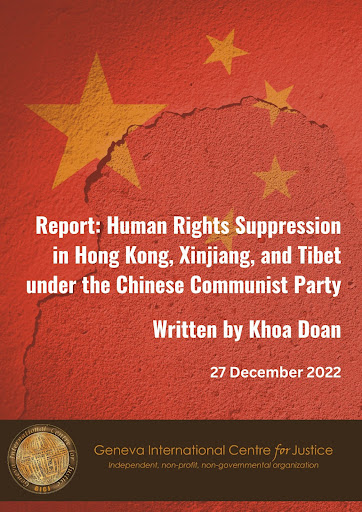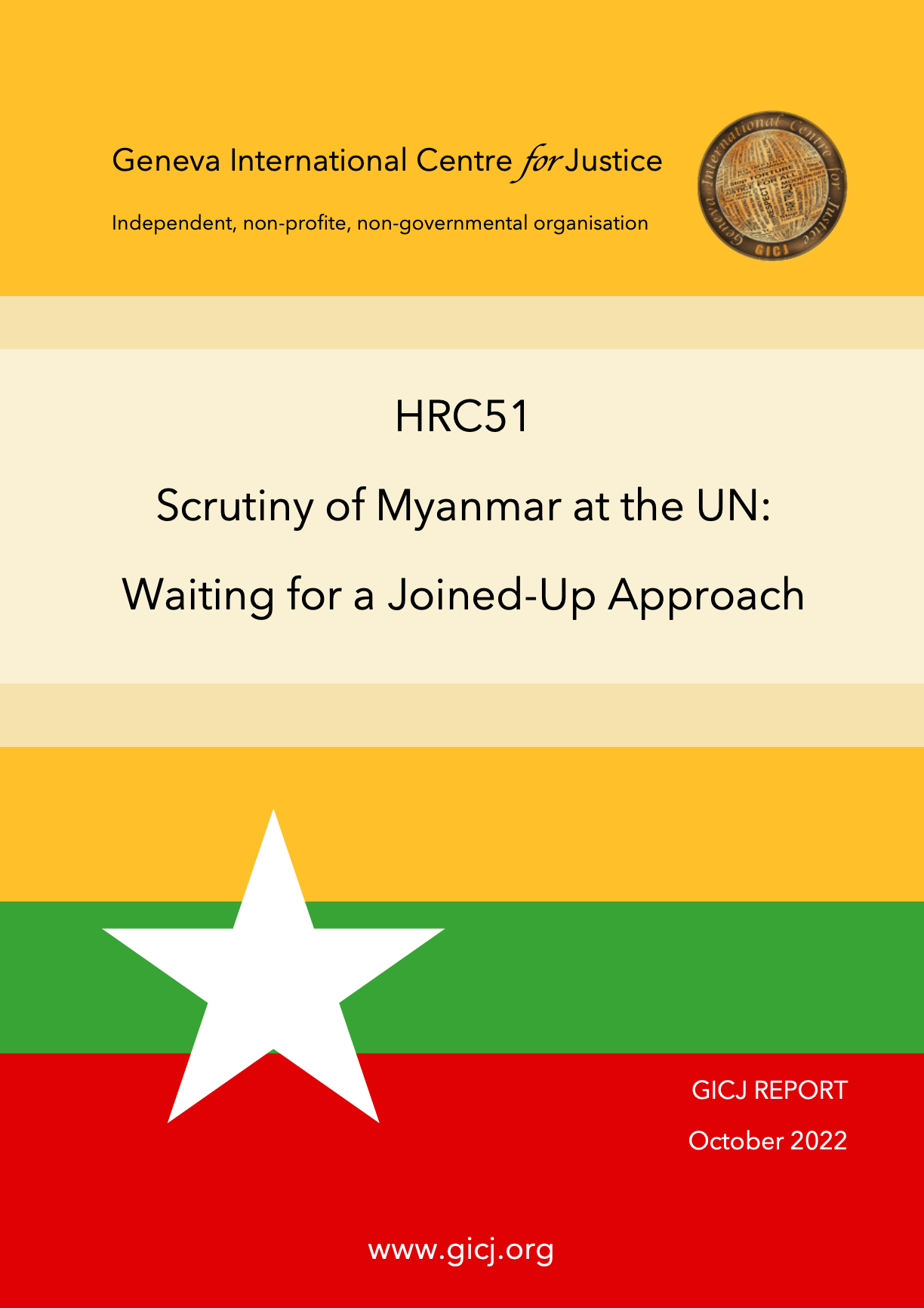 Women are the cornerstone of every society, and their role and impact on the path of political, social and economic development cannot be underestimated. The United Nations has long recognized the central role women play: Two of the seventeen Sustainable Development Goals included in the 2030 agenda specifically address the role of women in society, and call for gender equality (goal 5) and inclusive and quality education (goal 4).
Women are the cornerstone of every society, and their role and impact on the path of political, social and economic development cannot be underestimated. The United Nations has long recognized the central role women play: Two of the seventeen Sustainable Development Goals included in the 2030 agenda specifically address the role of women in society, and call for gender equality (goal 5) and inclusive and quality education (goal 4).
Moreover, the Convention for the Elimination of all Forms of Discrimination Against Women (CEDAW), adopted in 1979, provides the basis for realizing equality between women and men through ensuring women's equal access to, and equal opportunities in, political and public life – including the right to vote and to stand for election – as well as education, health and employment. States parties are bound to ensure that appropriate legal and special measures are taken to promote full enjoyment of human rights and fundamental freedoms of all women and girls.
While the United Nations has repeatedly called for the promotion of inclusive societies and for the achievement of social and gender equality, women continue to suffer gender-based discrimination and violence on a daily basis across the world. Yet, social progress is only possible if all stakeholders are included in the decision-making process as well as in the follow-up. This issue requires continued attention and is vital to our endeavours towards achieving more equal and just societies.
Geneva International Centre for Justice (GICJ) wishes to emphasise that, while on 8th March – the International Women’s Day – the spotlight is on the central role and achievements of women, we should not forget the continuous violations and struggles women continue to face. Below, we have collected few examples of situations in countries where women’s voices remain unheard.
Iraq
Since the invasion of Iraq in 2003, the armed conflict has left women particularly vulnerable - and they are now fighting for rights they had guaranteed 40 years ago. The post-war chaos and absence of law permitted misogynistic practises to occur unabated in Iraqi society. In particular, the dismantling of the Iraqi state institutions, including the police force, and the weakening of the judiciary meant most crimes went unpunished - especially those against women. This situation of lawlessness has taken a turn for the worse following the onset of ISIL in 2014, which has resulted in ongoing sectarian violence and extremism, threatening Iraq’s most vulnerable gender - women. The humanitarian crisis in Iraq has made millions flee their homes - mostly women and children - and for refugee and internally displaced women, especially those who head the family, it can be extremely hard to generate income. Today, the gender gap in Iraq is widening, and there are an increasing number of incidents of gender-based violence, including the use of women and girls as sexual slaves, human shields, forcing them into early child marriages, and increased intimate partner violence within homes - in particular marital rape.
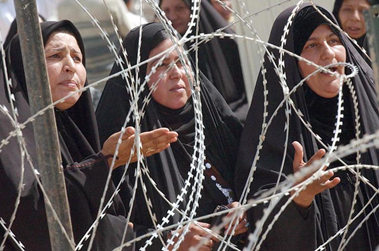
On what appears to be more positive note, Iraq has declared its commitment to promoting gender inequality and the empowerment of women by engaging in UN programs such as the ‘Emerging Female Youth Leaders’ project, which intends to enhance the technical capacities of women, and develop interest in female leadership and political participation. Yet it remains apparent that Iraqi women still face an alarming situation, and until they can fully participate in politics, their needs will remain ignored, and Iraqi women will continue to face extreme gender inequality and oppression every day.
Myanmar
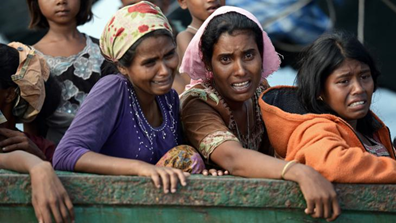 For decades, rape and sexual violence against Rohingya women and girls, usually by armed/military forces, have been commonly used as weapons of torture and tool of oppression. Despite numerous reports and accounts, precise numbers are unaccounted for. Further, Rohingya women are subject to discriminatory laws and policies, most notably as per the 1982 Citizenship Act, that denies and restricts their freedom of movement and political participation, or those that infringe on freedoms and rights such as marriage and family planning as per the 2-child policy.
For decades, rape and sexual violence against Rohingya women and girls, usually by armed/military forces, have been commonly used as weapons of torture and tool of oppression. Despite numerous reports and accounts, precise numbers are unaccounted for. Further, Rohingya women are subject to discriminatory laws and policies, most notably as per the 1982 Citizenship Act, that denies and restricts their freedom of movement and political participation, or those that infringe on freedoms and rights such as marriage and family planning as per the 2-child policy.
Furthermore, women activists are being ignored. Wai Wai Nu (nicknamed the “Rohingya Princess”), imprisoned because of her ethnicity, is a law student and women’s rights defender fighting for and mobilizing others towards justice for women in Myanmar. She also encourages young activists to join in the quest for freedom and justice. Women’s League of Burma (WLB) established in 1999 are bold for change as they strive “to work together to alter traditional and deep-rooted gender stereotypes, promote the participation of women in the political sphere, and give a voice to the women of Burma who had long been silenced.” for democracy and human rights to improve the overall situation of women in Burma.
Palestine
Today, Palestinian women are marching to protest against the prolonged illegal Israeli occupation of Palestine – a system of injustice that particularly affects the female population. The protracted system of occupation submits Palestinian women to different forms of oppression: they face perilous socioeconomic conditions under a besieged economy that is hardly accessible to them, have to provide for their families while witnessing the demolition of their homes and villages, and face violence in the public and private domains executed on the part Israeli forces that submit them to intimidation and harassment while they occupy checkpoints, patrol pathways, and search homes and bodies for weaponry or other suspect objects. Women incarcerated by Israeli forces are not given special considerations as provisioned by CEDAW, but are subjected to ill-treatment, including beatings, sexual harassment, and humiliation such as intrusive body searches. Pregnant women have reportedly been forced to give birth chained to their beds. Moreover, ambulances carrying Palestinians in need of urgent medical care are regularly denied access and pregnant women have been denied passage and been forced to give birth at checkpoints.

The militarisation of Palestinian neighbourhoods, towns, and cities and the protracted human rights violations by the Occupying Power have increased interfamily violence against and oppression of women. In the face of multi-layered oppression imposed by the Israeli occupation, Palestinian women show steadfastness (sumud) and engage in active resistance by courageously protesting occupation and apartheid, with the aim of bringing about long-awaited justice and democratic change.
Syria
The six-year-long Syrian civil conflict has had a dire impact on the daily life of women and girls in the country. Sadly, as women remain one of the most vulnerable segment of most societies, armed conflict continues to overly affect their enjoyment of basic human rights and fundamental freedoms. The endless civil war has provoked an unprecedented wave of migration: to date, 6.3 million Syrians are internally displaced and 4.7 million have left their home country. Forcibly displaced women and girls are particularly vulnerable to abductions, violence, forced marriage and early marriage, and are dramatically affected by the harsh hygienic and living conditions of the camps. Moreover, Syrian women are deprived of adequate health care supplies and of appropriate medical, legal and psychological assistance, and are excluded from political and social discussion.
 Furthermore, in the Syrian Arab Republic, gender-based discrimination, violence against women, sexual violence, and social stigmatisation have exponentially increased since 2011. In fact, as sexual abuses and harassment have become common practices, shame and rejection of the abused or raped woman remain embedded in the Syrian culture. The number of “honour crimes” has drastically grown since the outset of the conflict, and between 300 and 400 such killings are reported annually.
Furthermore, in the Syrian Arab Republic, gender-based discrimination, violence against women, sexual violence, and social stigmatisation have exponentially increased since 2011. In fact, as sexual abuses and harassment have become common practices, shame and rejection of the abused or raped woman remain embedded in the Syrian culture. The number of “honour crimes” has drastically grown since the outset of the conflict, and between 300 and 400 such killings are reported annually.
With the intensification of the negotiating process to put an end to the bloody conflict, the need of having a substantial representation of women has grown stronger. As the UN Special Envoy for Syria has repeatedly suggested, no inclusive and comprehensive settlement can be reached if not all stakeholders are involved in the decision-making and follow-up processes.
South Sudan
South Sudan is amid a brutal genocidal civil war where sexual violence and rape run rampant particularly on women and girls. According to UN reports, 3 in 5 women administered to protection of civilian sites around the capital Juba are victims of rape or sexual assault. Women are speaking out but their voices tend to go unheard. Escalating hate speech since the start of the conflict in 2013 raised alarms and is noted as one of the catalysts that ignited targeted attacks in South Sudan. Angelina Daniel, a women’s activist has spoken out on “hate speech”, warning that verbal attacks against a particular group incite hatred and violence, and she called for collective efforts to counter hate speech.

Women have demanded a larger role during the Transitional government and have called for a gender-responsive Peace Agreement. Moreover, women rights activists organised 16-days of activism to end violence against women. Grass roots women continue the struggle for meaningful participation in the peace process as their voices add to the call for human rights to be respected, address marginalized groups and add gender balance in the peace process.
Women-lead agencies and grass roots organisations, associations, and initiatives exist but the approaches and processes towards their inclusion and being heard are insufficient. Better methods, frameworks, and policies are needed to fully engage and involve their efforts, work, and most importantly their ideas and best practices.Day of Remembrance articles by GICJ:
| Land Day in Palestine | Victims of Chemical Warfare | Reflection on the Genocide in Rwanda | Human Rights Day - 2016 |
Participation of GICJ at Human Rights Council Sessions
Human Rights Council - 35th regular session (6 June - 24 June 2017)
Human Rights Council - 34th regular session (27 February - 24 March 2017)
Human Rights Council - 33rd regular session (10 September - 30 September 2016)
Human Rights Council - 32nd regular session (13 June - 1 and 8 July 2016) Human Rights Council - 31st regular session (29 February - 24 March 2016)
Human Rights Council - 30th regular session (14 September - 2 October 2015) Human Rights Council - 29th regular session (15 June - 3 July 2015) Human Rights Council - 22nd special session on the human rights situation in Iraq in light of abuses committed by the Islamic State in Iraq and the Levant and associated groups - 1 September 2014: Human Rights Council - 21st special session on the human rights situation in the Occupied Palestinian Territory, including East Jerusalem - 23 July 2014: Human Rights Council - 26th regular session (10 - 27 June 2014): Human Rights Council - 25th regular session (3 - 28 March 2014): Human Rights Council - 24th regular session (9 - 27 September 2013): Human Rights Council - 23rd regular session (27 May - 14 June 2013): Human Rights Council - 22nd regular session (25 February - 22 March 2013): Human Rights Council - 21st regular session (10 - 28 September, 5 November 2012): Human Rights Council - 19th regular session (27 February - 23 March 2012): |
||






